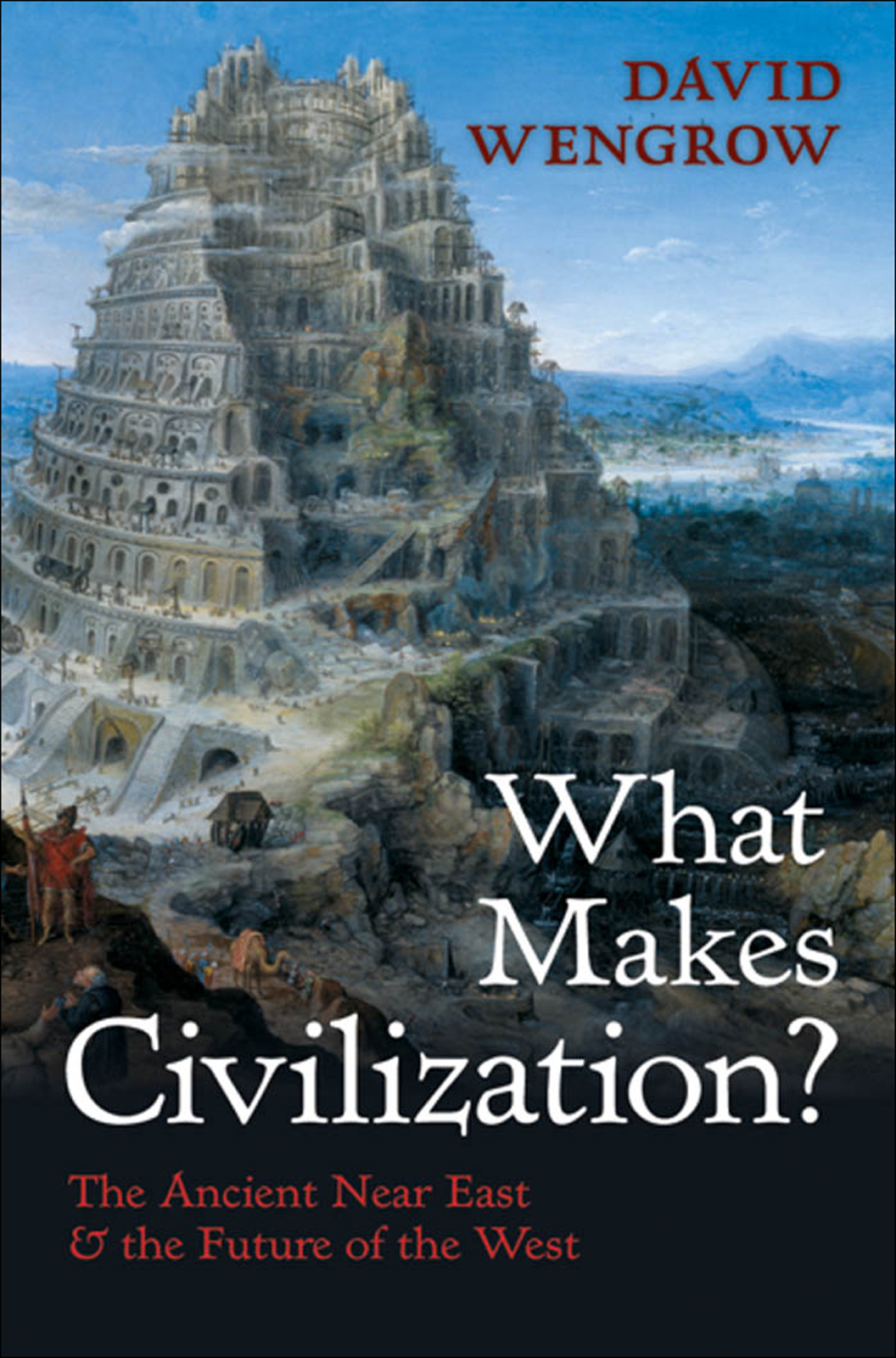

Most ebook files are in PDF format, so you can easily read them using various software such as Foxit Reader or directly on the Google Chrome browser.
Some ebook files are released by publishers in other formats such as .awz, .mobi, .epub, .fb2, etc. You may need to install specific software to read these formats on mobile/PC, such as Calibre.
Please read the tutorial at this link: https://ebookbell.com/faq
We offer FREE conversion to the popular formats you request; however, this may take some time. Therefore, right after payment, please email us, and we will try to provide the service as quickly as possible.
For some exceptional file formats or broken links (if any), please refrain from opening any disputes. Instead, email us first, and we will try to assist within a maximum of 6 hours.
EbookBell Team

0.0
0 reviewsThe targeted destruction of ancient sites and monuments in the Middle East provokes widespread outrage in the West. But what is our connection to the ancient Near East? In this updated edition of What Makes Civilization? archaeologist David Wengrow investigates the origins of farming, writing, and cities in ancient Mesopotamia (Iraq) and Egypt, and explores the connections between these two civilizations. It is the story of how people first created kingdoms
and monuments to the gods and, just as importantly, how they pioneered everyday practices that we might now take for granted, such as familiar ways of cooking food and keeping the house and body clean. Wengrow asks why these ancient cultures, where so many features of modern life originated, have come to
symbolize the remote and the exotic.
Today, perhaps more than ever, he argues, the beleaguered cultural heritage of ancient Egypt and Mesopotamia stands as a warning for the future. A warning of the sacrifices people will tolerate to preserve their chosen form of life; of the potential for unfettered expansion that exists within any cultural tradition; and of blood perhaps yet to be spilled, on the altar of a misguided notion of civilization.
Review"Convincingly concludes that the parallel development of Mesopotamia and Egypt demonstrates the deep attachment of human societies to the concepts they live by, and the inequalities they are prepared to endure in order to preserve those guiding principles."
- Nature
"This book promises a lot and delivers even more ... It guides readers into the heart of the sources of civilization ... following the footsteps of Henri Frankfort, and offering a comparative perspective on Egypt and Mesopotamia missing since 1951. Finally, a rare feat for an archaeologist, Wengrow rounds up the discussion by suggesting reasons for the lasting significance of Near Eastern civilization for the contemporary West. ... this short but dense and still entertaining book ... should be read by all who do not forget about the 'broad questions'."
- Professor Arpad Szakolczai University College Cork, Journal of the Royal Anthropological Institute
"What Makes Civilization? is well written for a student or educated-layperson audience ... when the past is being employed to understand the present or predict the future of human societies, archaeologists must be part of the discussion."
- Prof. Jason Ur, Harvard University, Current Anthropology
Dr. David Wengrow is Reader in Comparative Archaeology at the Institute of Archaeology, University College London. He trained in archaeology and anthropology at the University of Oxford, and has conducted fieldwork in both Africa and the Middle East. His research explores early cultural transformations across the boundaries of Asia, Africa, and Europe, including the emergence of the first farming societies, states, and systems of writing. He has also written on the history of archaeological thought and the role of the remote past in shaping modern political identities. His past appointments include Junior Research Fellow at Christ Church, Oxford, and Frankfort Fellow in Near Eastern Art and Archaeology at the Warburg Institute, London.